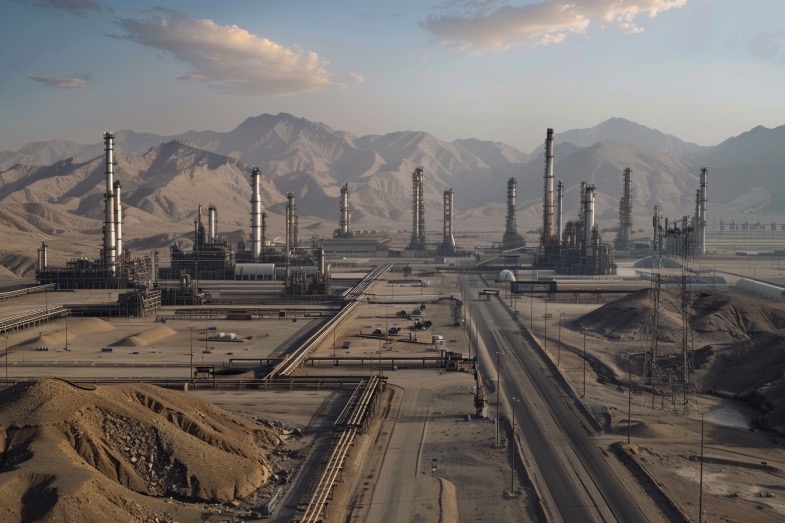Trump Administration Pushes to End UN Peacekeeping Mission in Southern Lebanon
In a bold move that has stirred up tensions with key European allies, the Trump administration is advocating to terminate the United Nations peacekeeping mission in southern Lebanon. This controversial decision comes ahead of a critical vote at the U.N. Security Council later this month.
Future of UNIFIL Hangs in the Balance
The U.N. Interim Force in Lebanon (UNIFIL) has been monitoring hostilities between Israel and Hezbollah since 1978. With its mandate set to expire at the end of August, the Security Council must decide on its renewal for operations to continue.
Secretary of State Rubio Leads Charge Against UNIFIL
Secretary of State Marco Rubio, spearheading the administration’s stance, deems the UNIFIL mission ineffective and costly. The argument is that UNIFIL has not successfully disarmed Hezbollah or reinstated full Lebanese government control in the region.
U.S. Shifts Away from Multilateral Engagement
This decision aligns with the broader foreign policy shift under the Trump administration to reduce U.S. funding and involvement in multilateral institutions. With cuts to UN peacekeeping contributions already in place, shutting down UNIFIL within six months is the next step.
European Allies Urge for Extension
France, Italy, and Britain, major contributors to UNIFIL, are advocating for a one-year extension. They warn of a dangerous security vacuum if the mission is abruptly terminated, especially with Lebanon’s military capabilities still lacking.
Israel Reluctantly Agrees to Extension
Despite past criticisms, Israel has reluctantly agreed to a one-year extension, acknowledging the potential risks of a sudden withdrawal. This decision underscores the complexities surrounding UNIFIL’s role in the region.
Friction Between U.S. and European Allies
The debate over UNIFIL’s future reflects growing tensions between Washington and its European allies on various foreign policy issues. From conflicts in the Middle East to international trade disputes, diverging views are putting strains on transatlantic relations.
Uncertain Future for UNIFIL
Even if the mandate is renewed, financial pressures may lead to reductions in the mission’s scope. Talks are underway to potentially scale back troop numbers while enhancing technological surveillance capabilities to adapt to changing circumstances.
Challenges and Criticisms Facing UNIFIL
UNIFIL has faced criticisms from both Hezbollah supporters and Israel, with accusations of inefficiency and bias. Recent discoveries of unauthorized weapons near UNIFIL bases have raised concerns about its effectiveness in disarming Hezbollah.
Despite the controversies, UNIFIL remains a crucial component of regional stability, with Lebanese officials emphasizing the importance of its presence in the midst of ongoing economic and political crises. The final decision rests with the Security Council, as the fate of UNIFIL hangs in the balance. – Agencies



